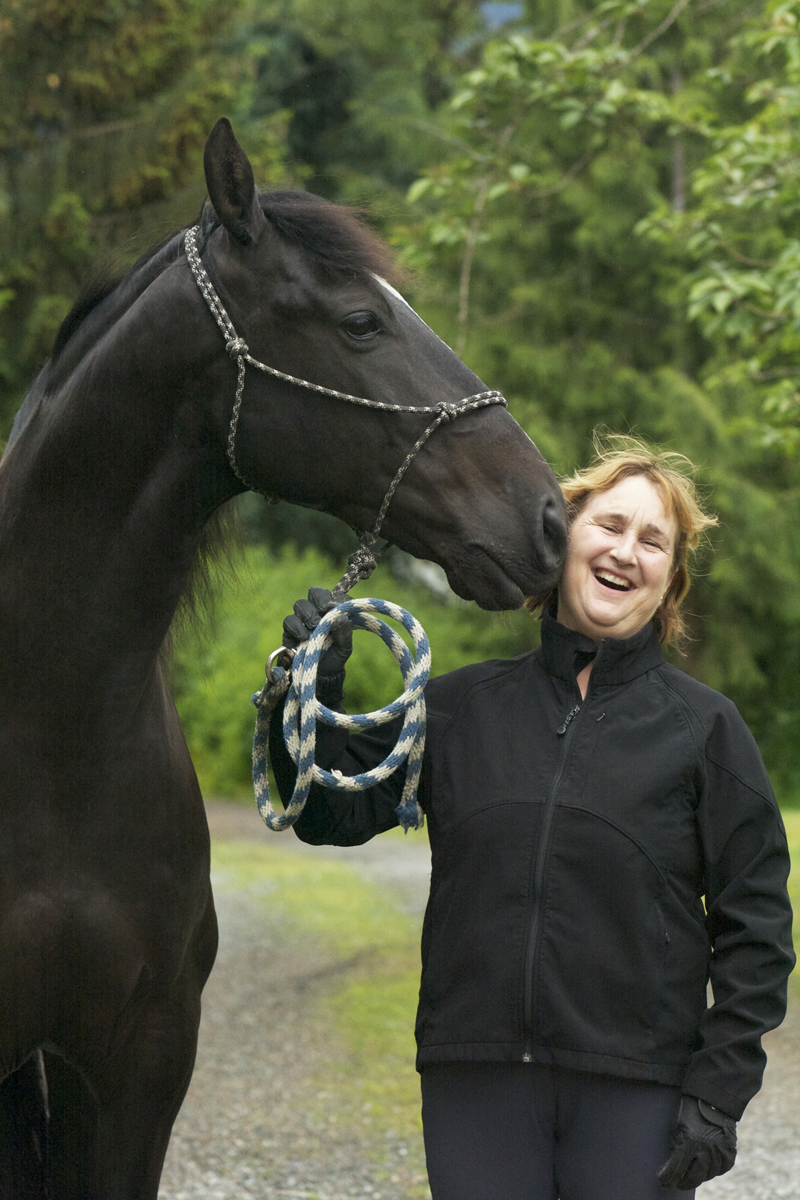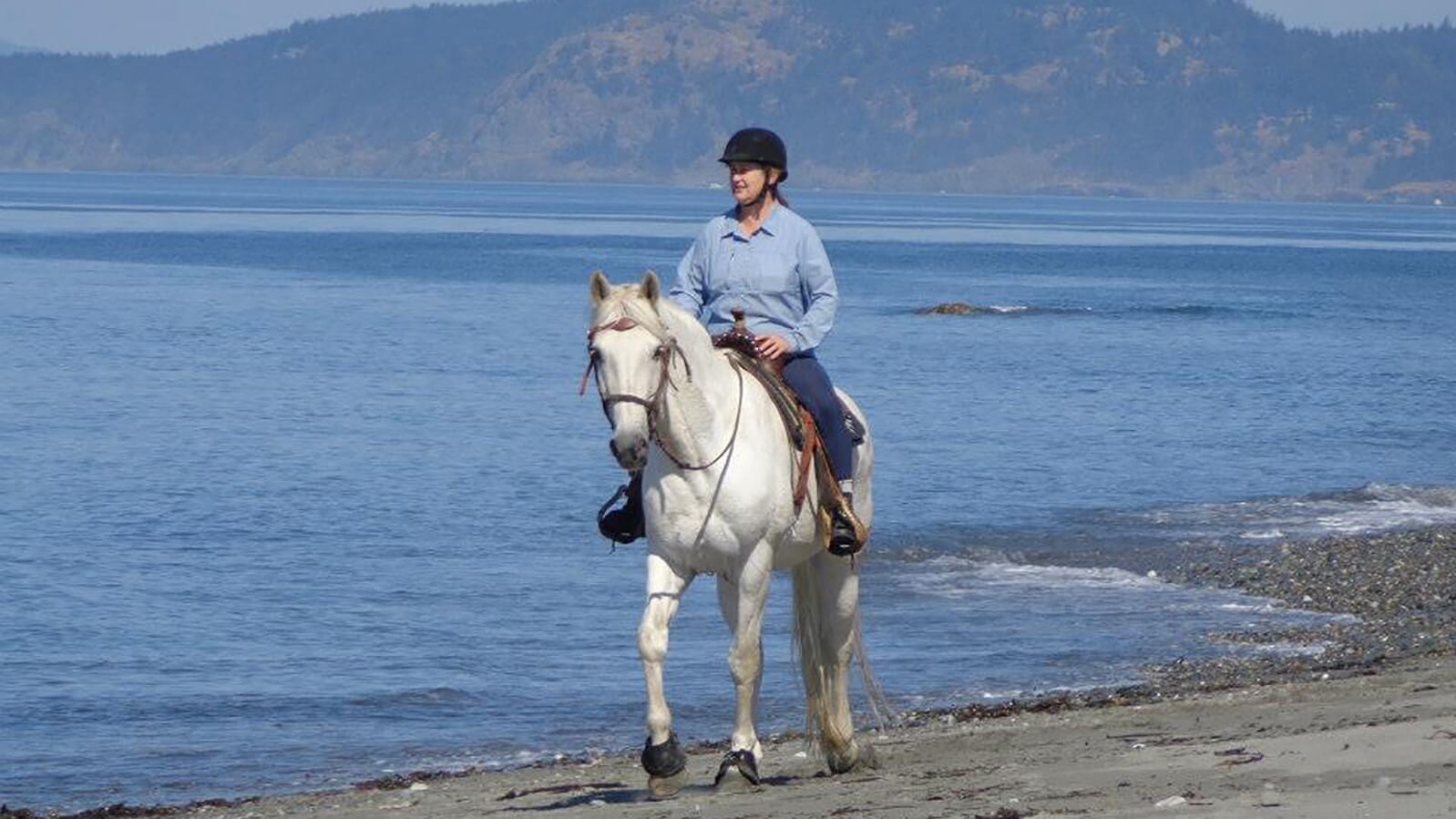One of the harder situations of horse ownership is when a beloved horse doesn’t want to do the job you hoped he would do. We humans have goals and aspirations, so we fix a label to our chosen horse that’s frequently related to his pedigree or conformation. Dressage horse, barrel horse, event horse, cutting horse—all are human inventions.
Equines don’t care about such labels. It’s true that breeding often begets the chosen job for a horse but, like people, horses’ personalities will in the end decide what a horse is going to excel at. If a horse’s heart isn’t in the work, it’s unlikely he’ll be great at his job.
Excellent training can go a long way to instill the right mindset in a horse—the way a good teacher can cause a child to try harder at a school subject. But few great musicians, artists, or mathematicians were forced into their role. We come to our passions through more mysterious routes and never through force.
Sure, we can talk a horse into doing pretty much anything for us. They’re generous that way, but that doesn’t mean we should. Horses (and people) should be given the opportunity to do work that fulfills them.
I once had a beautiful Warmblood/Connemara who I purchased as a foal with the hope he’d be my dressage horse. He certainly had the conformation and movement to do the job. And though I did do dressage with him for a time, he really didn’t want to do it; he was just too laid back. Like Ferdinand the Bull, he preferred to mosey along and smell the flowers.
Once, at a clinic, the instructor harassed and bullied me into asking too much of my horse and I felt him give up a little. It broke my heart, and I never asked him to work that way again. And though we still played around in the arena, he became the best trail horse I ever had. Together we made each other very happy strolling along beaches and through meadows and forests.
If we’re good horsemen, we have two choices when our horse doesn’t want to do the job we want: either move the horse on to someone else or change what we want to do.
Luckily, there are many different equine sports to try for both you and your horse. If you’re devoted to a horse who wants to do something different, I urge you to explore the many options available to you.
See this article in the May 2021 online edition:

Kim Roe grew up riding on the family ranch and competed in Western rail classes, trail horse, reining, working cow, and hunter/jumper. She trained her first horse for money at 12 years old, starting a pony for a neighbor.
Kim has been a professional dressage instructor in Washington state for over 30 years, training hundreds of horses and students through the levels. In recent years Kim has become involved in Working Equitation and is a small ‘r’ Working Equitation judge with WE United.
Kim is the editor of the Northwest Horse Source Magazine, and also a writer, photographer, and poet. She owns and manages Blue Gate Farm in Deming, Washington where she continues to be passionate about helping horses and riders in many disciplines.

